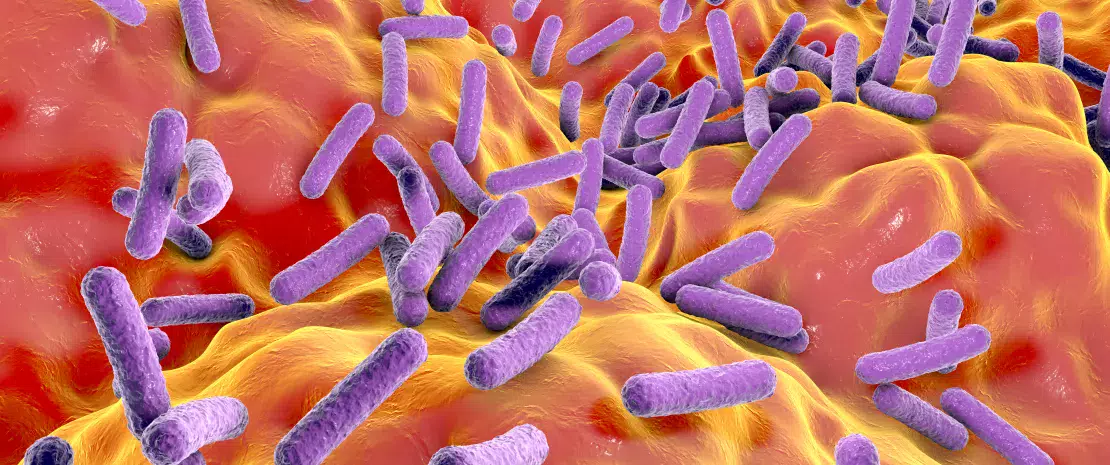Gut microbiota: a common signature for psychiatric disorders?
Depression, psychosis, anorexia, etc. The proof of disturbances of the gut microbiota in different psychiatric disorders are accumulating. Even so, is there a common signature or conversely are there specific characteristics for all these disorders? A meta-analysis takes stock.
Sources
This article is based on scientific information

About this article
Can mental health be assessed via alterations in the gut microbiota? If so, do these biomarkers make it possible to distinguish between this various disorders? Yes and no is the conclusion from a meta-analysis of 59 control case studies based on 8 psychiatric disorders, the most represented of which were depression, schizophrenia, psychosis, bipolar disorders and anorexia. Though there are biomarkers in the gut microbiota signalling mental disorders, no specific characteristics have emerged in the light of the analysed data.
Little effect on the richness of the microbiota…
To arrive at this result the authors have performed comparisons between groups depending on the relative abundance of the intestinal bacteria, in the light of:
- (sidenote: α diversity A measurement indicating the diversity of a single sample, i.e. the number of different species present in an individual. Hamady M, Lozupone C, Knight R. Fast UniFrac: facilitating high-throughput phylogenetic analyses of microbial communities including analysis of pyrosequencing and PhyloChip data. ISME J. 2010 Jan;4(1):17-27. ) (34 studies)
- and (sidenote: β diversity A measurement indicating the diversity of species between samples. It makes it possible to evaluate the diversity of the microbiota between subjects. Hamady M, Lozupone C, Knight R. Fast UniFrac: facilitating high-throughput phylogenetic analyses of microbial communities including analysis of pyrosequencing and PhyloChip data. ISME J. 2010 Jan;4(1):17-27. ) (43 studies).
Alpha diversity was significantly reduced only in patients presenting bipolar disorders. Furthermore, no significant difference was noted in the diversity indices measuring both diversity and distribution evenness between the species present, namely the Shannon (reported in 29 studies) and Simpson (reported in 11 studies) indices.
Regarding beta diversity, the results show similar differences in the phylogenetic structure in patients suffering from depression and psychosis/schizophrenia compared with the controls. However, the authors note that the method for classifying patients, based on symptoms or diagnosis, could affect this result.
…But changes in the composition of populations
This study also notes relatively constant dysbioses in patients, such as:
- reduction in Faecalibacterium (in 15 out of 17 studies reporting this genus),
- reduction in Coprococcus (10 studies out of 10),
- and enrichment in Eggerthella (10 studies out of 11).
Microbial biomarkers and psychiatric disorders: no conclusion that is too hasty
The authors therefore conclude that there are common microbial disturbances in depression, bipolar disorders, anxiety, psychosis and schizophrenia:
- impoverishment in anti-inflammatory bacteria producing butyrate and
- enrichment in pro-inflammatory bacteria.
A shared signature that could open the door to transdiagnostic therapy focussed on these similar dysbioses.
Nevertheless, these results should still be interpreted cautiously, as confusion factors (taking of psychiatric medicines, diet, etc.) could bias the results.










